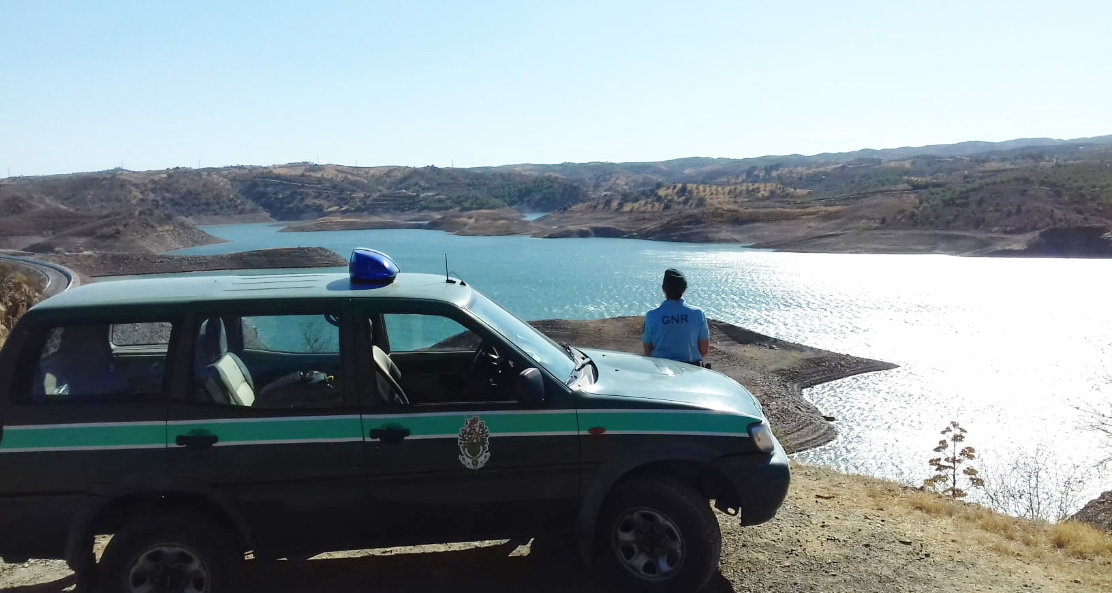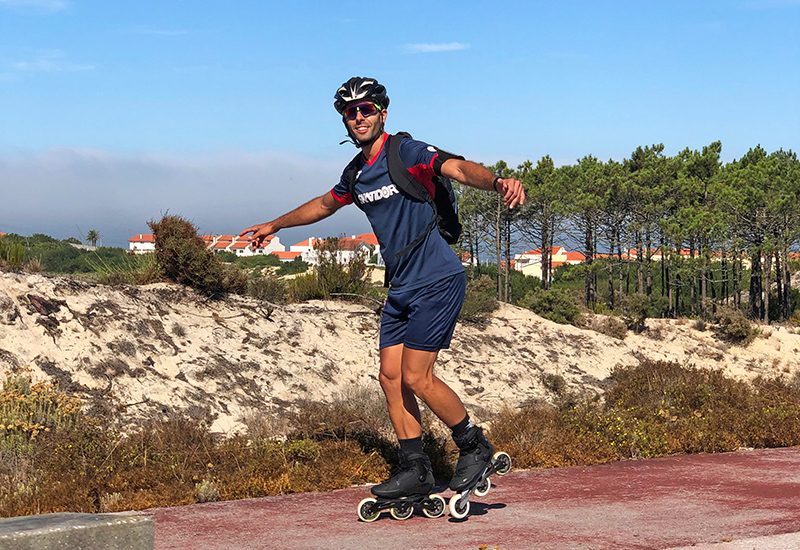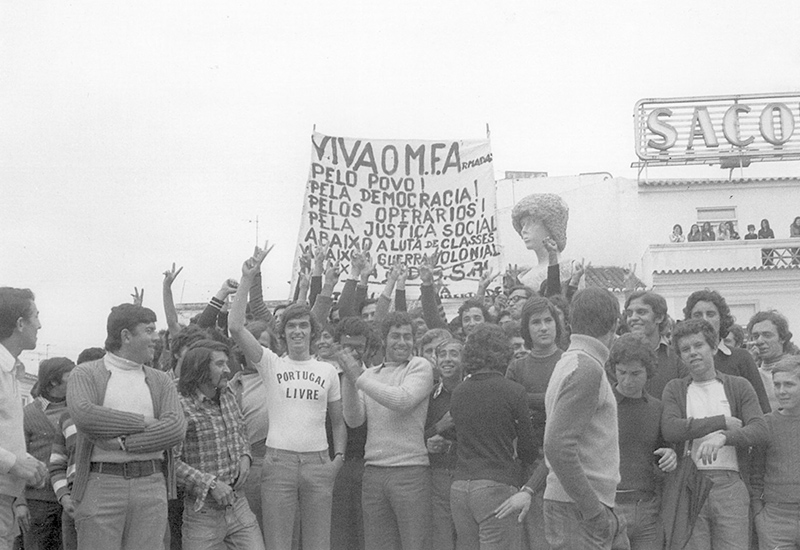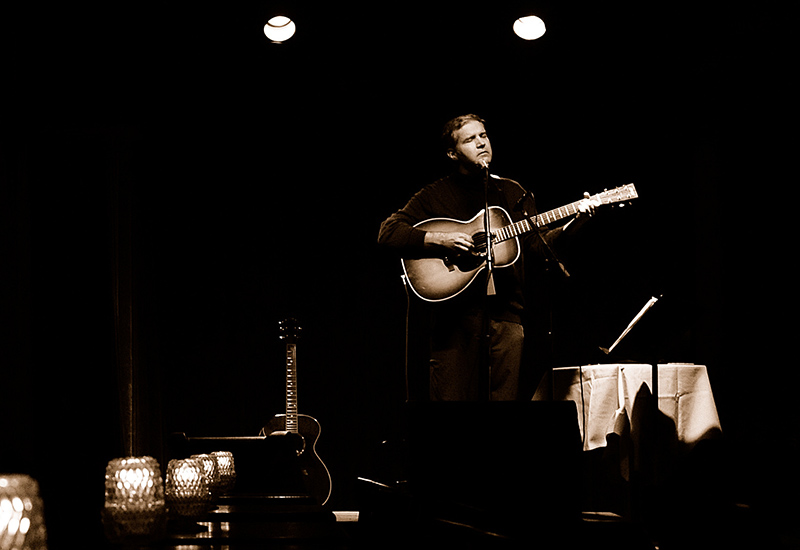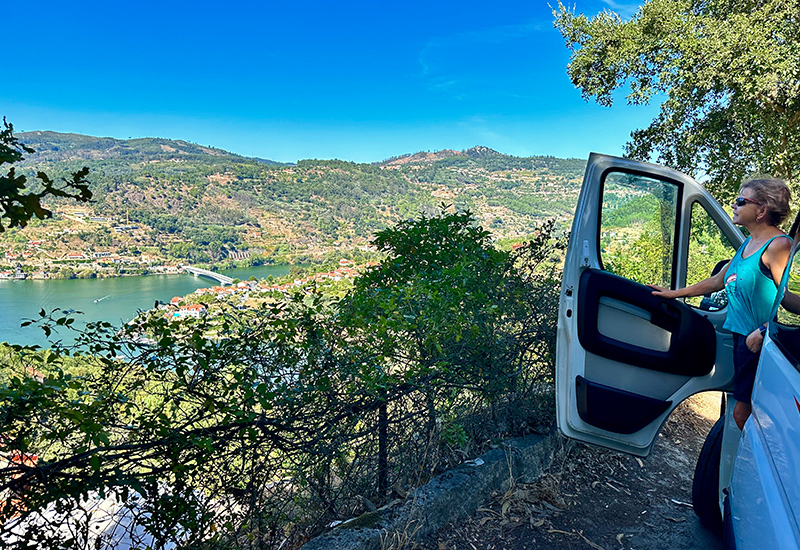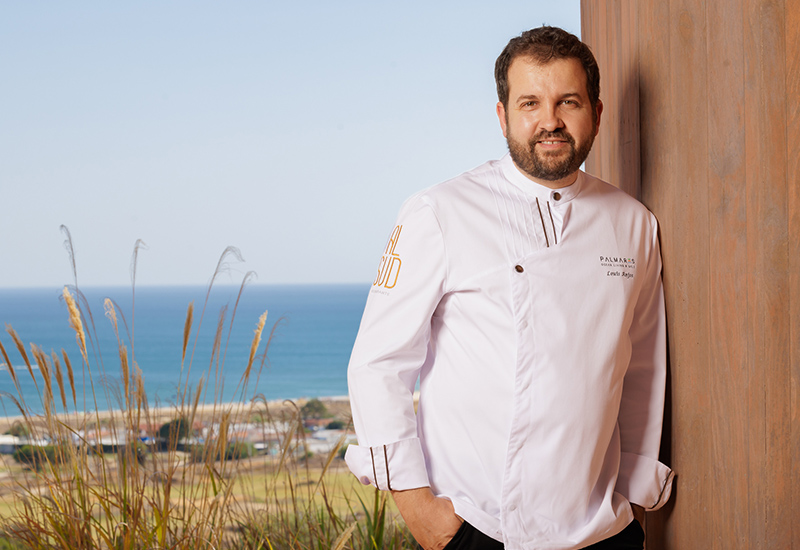Vaughan Willmore takes a look at the work of the National Republican Guard (GNR).
What’s the first thing that springs to mind when you see the GNR?
Do you have a sense of dread when you spot them standing by the side of the road flagging down vehicles, even though you’ve done nothing wrong? Do you feel reassured by their presence?
As someone who worked for the police service in the UK, one of the most striking aspects of living in Portugal is the high profile presence of the police service here, but how much do we really know about their work?
There are five strands to the policing family in Portugal: the Guarda Nacional Republicana (GNR), the Public Security Police (PSP), the Immigration and Borders Service (SEF), the Judicial Police (PJ), and the Economic and Food Safety Authority (ASAE).
The GNR is particularly interesting amongst them as it’s a gendarmerie whose organisational structure, tactics, training, and function are similar to those of the military.
With a history that can be traced back to the early 19th Century and the Royal Guard of the Police of Lisbon, the GNR of today has two paymasters. It reports to the Ministry of Internal Affairs for its domestic agenda and the National Ministry of Defence for international operations and regulation of its military doctrine, including such matters as firearms and equipment.
The GNR is a national force with responsibility for policing all areas of the country except for the larger cities, which fall under the jurisdiction of the PSP. It also has duties of customs enforcement, coastal control, nature protection, search and rescue operations, and state ceremonial guards of honour. In terms of its overseas operations, in the last 20 years alone, GNR personnel have participated in operations in Iraq and East Timor.


As with most police forces throughout the world, perceptions of the GNR can vary. Undoubtedly, a proportion of the population here view officers as somewhat intimidating and unapproachable, even disinterested when issues are raised with them. However, the majority of the feedback I received in researching this article was overwhelmingly positive with that provided by Tracey Duckworth of Lagos Tailwaggers being quite typical. Tracey said, “I have found the GNR to be nothing but polite, professional and helpful. I think it perhaps helps that I always try and talk to them in Portuguese”.
The GNR were also described by Sally Brown of Burgau as being “kind and tolerant” and as “always dealing with any matters raised with them in a timely fashion and with professionalism and courtesy”.
This is good feedback of course and a credit to the GNR but ultimately when it comes to policing the perceptions of the public are only part of the equation. At the end of the day, the GNR and its sister organisations are not here to be popular; they are here to help keep us safe from harm.
With their motto of being ‘for the law and the people’ the GNR have an incredibly difficult task policing in the Algarve. We have hard to reach communities; we have a population drawn from all four corners of the world so there are language barriers to consider. We have a highly transient population, most notably during the summer season.
It is perhaps worth considering then whether the GNR and the other members of the policing family deserve more credit for their work. After all, we are so often told that Portugal is one of the safest countries in the world with the low levels of crime being a key factor in why many of us choose to live here and are happy to make Portugal our home.
In next month’s article, I speak to one of the most senior police officers in the Algarve about the challenges of policing here and his key messages for the British community.
